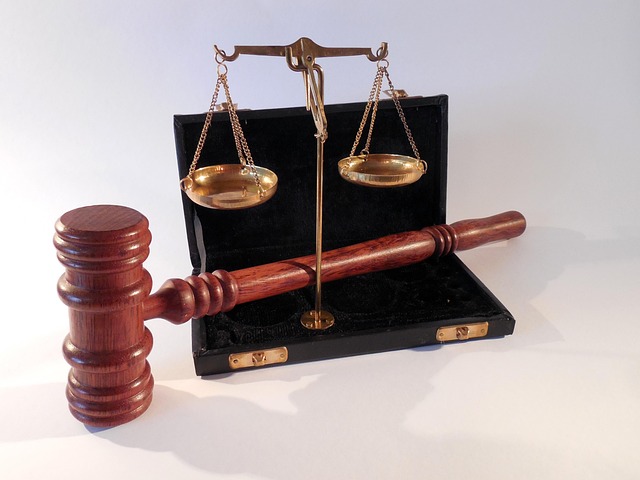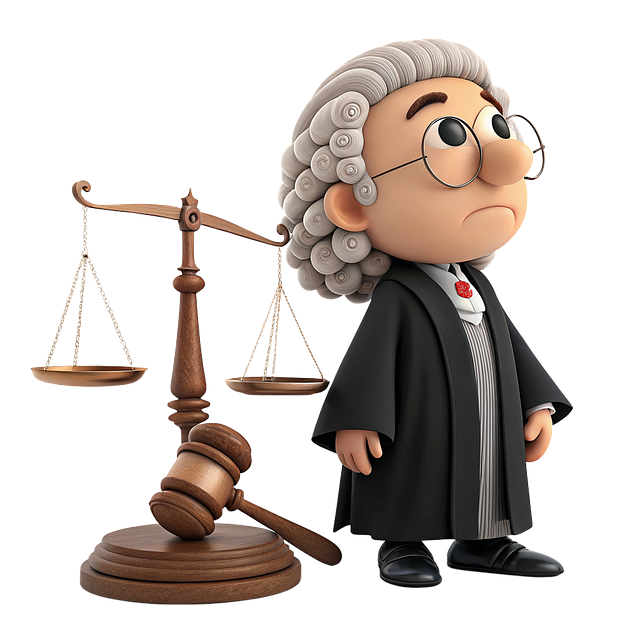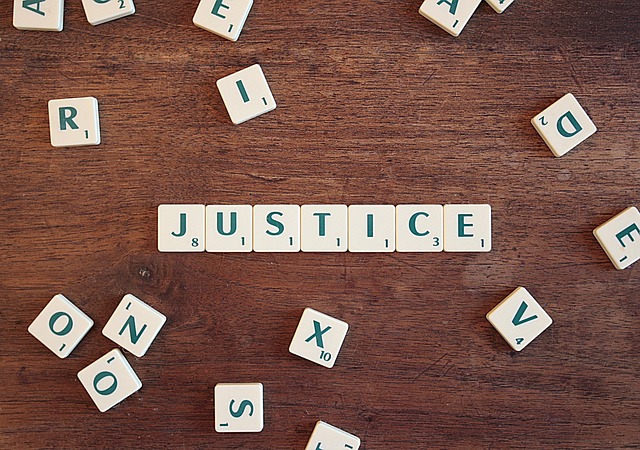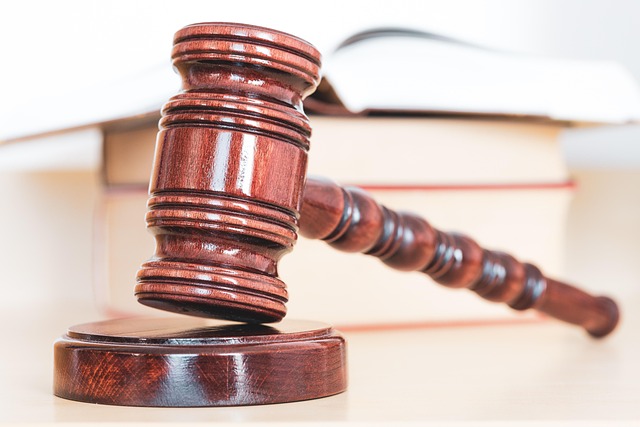Consumer Fraud Class Action Lawsuits empower individuals affected by deceptive business practices to collectively hold companies accountable through a structured process involving investigation, evidence gathering, and legal proceedings. This approach aims to secure damages, restitution, and deter future unethical conduct. The process starts with notice to victims, includes trial stages, and may result in monetary compensation, restitution, injunctive relief, or punitive damages. Skilled attorneys use strategic planning, expert testimony, and document analysis to protect the rights of both plaintiffs and defendants. High-profile cases provide insights into the legal landscape, demonstrating the power of collective action against powerful corporations and the importance of robust legal processes in holding accountable those engaged in white collar defense.
“Uncover the intricate world of criminal law through our comprehensive guide on high-impact cases, especially focusing on consumer fraud and class action lawsuits. We demystify the legal process from start to finish, offering insights into evidence gathering, strategic maneuvering, and real-world examples.
Whether you’re a victim seeking justice or simply curious about your rights, this article equips you with knowledge. From understanding consumer fraud’s insidious nature to navigating the legal landscape through class action lawsuits, we explore successful strategies and lessons from notable cases, empowering you with vital information.”
- Understanding Consumer Fraud: A Comprehensive Overview
- Class Action Lawsuits: Rights and Remedies for Victims
- Building a Solid Case: Evidence and Legal Strategies
- The Process: From Filing to Settlement or Trial
- High-Profile Cases: Lessons from Real-World Scams
Understanding Consumer Fraud: A Comprehensive Overview

Consumer fraud is a pervasive issue that affects individuals across various sectors, prompting many to seek legal recourse through a Consumer Fraud Class Action Lawsuit Process. This type of lawsuit becomes essential when multiple consumers have suffered similar losses due to deceptive or misleading business practices. By banding together, these victims can hold respective businesses accountable for their actions.
The process involves a thorough investigation to understand the scope and nature of the fraud. This includes gathering evidence, interviewing witnesses, and analysing financial records. Once established, the class action lawsuit navigates through legal proceedings, potentially culminating in jury trials that determine damages and restitution for all affected clients. The goal is not only to provide compensation but also to deter future unethical business conduct.
Class Action Lawsuits: Rights and Remedies for Victims

Class Action Lawsuits offer a powerful tool for victims of consumer fraud to seek justice and recover damages. This legal process allows a group of individuals, often referred to as a class, who have suffered similar injuries or losses due to a common defendant’s actions, to join forces and take collective action against the perpetrator. By banding together, plaintiffs can leverage their combined resources and share legal costs, strengthening their case against a corporate or individual defendant.
The Consumer Fraud Class Action Lawsuit Process involves several stages, from initial investigation and notice to victims, through to mediation, trial, and ultimately, winning challenging defense verdicts. The rights and remedies afforded to class members can include monetary compensation for financial losses, restitution, injunctive relief to prevent future harm, and even punitive damages to deter the defendant from engaging in similar misconduct. This collective approach ensures that all affected parties have a say in the matter, empowering them to hold wrongdoers accountable and secure justice for their suffering.
Building a Solid Case: Evidence and Legal Strategies
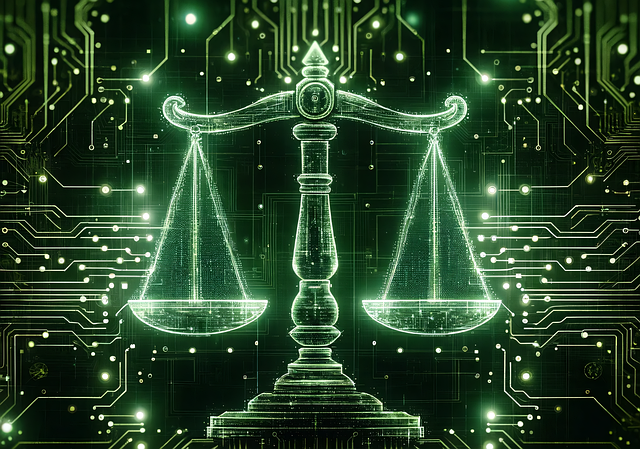
Building a solid case in criminal law, especially in complex matters like Consumer Fraud Class Action Lawsuits, requires meticulous attention to detail and strategic planning. Legal professionals must gather compelling evidence, analyze it through robust legal strategies, and present it in a way that resonates with the court. This involves a thorough understanding of both the facts and the applicable laws.
The goal is not merely to assemble pieces of evidence but to construct a narrative that leads to achieving extraordinary results, such as a complete dismissal of all charges. Skilled attorneys leverage their knowledge of white-collar defense tactics to navigate the intricate legal landscape. They employ strategic maneuvers, including expert witness testimony, thorough cross-examination, and meticulous document analysis, to ensure every angle is explored and no stone left unturned. This comprehensive approach is pivotal in protecting the rights of the accused and securing just outcomes.
The Process: From Filing to Settlement or Trial

The criminal law process, particularly for consumer fraud cases, begins with a comprehensive investigation and filing by legal professionals. In the context of a Consumer Fraud Class Action Lawsuit, this involves gathering evidence, interviewing potential plaintiffs, and meticulously constructing a case to prove systemic deception by respective businesses across the country. The goal is to seek justice not just for individual victims but for an entire community affected by fraudulent practices.
As the process unfolds, it may lead to settlement negotiations or, if unsuccessful, a trial. The latter involves presenting evidence and legal arguments before a judge or jury, who will ultimately decide on liability and damages. An unprecedented track record of successful outcomes can be a testament to the strength and validity of such lawsuits, ensuring that wrongdoers are held accountable for their actions while providing relief and compensation to aggrieved consumers.
High-Profile Cases: Lessons from Real-World Scams
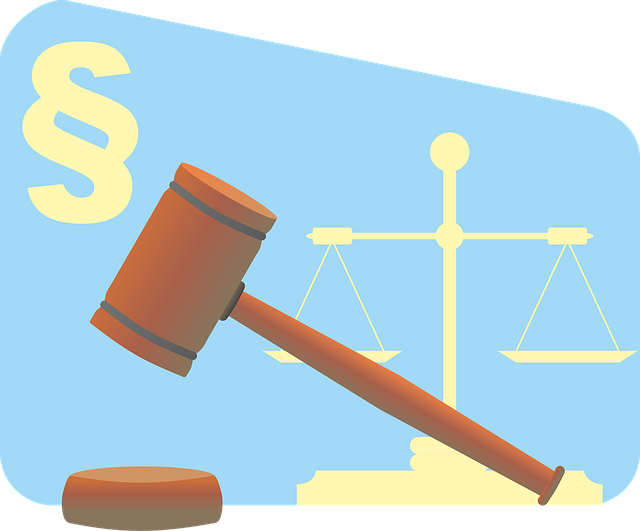
High-profile cases of consumer fraud often serve as powerful lessons within the legal landscape, particularly in the context of class action lawsuits. These real-world scams, typically involving sophisticated white collar and economic crimes, shed light on the intricate processes that can affect vast numbers of victims. By examining these cases, we gain insights into the strategies employed by both plaintiffs and defendants, from the initial stages of investigation to settlement negotiations.
For instance, successful consumer fraud class action lawsuits have highlighted the importance of collective action, where individuals unite to assert their rights against powerful corporations. This collective approach not only amplifies individual voices but also sends a strong message to potential perpetrators, deterring similar misconduct within philanthropic and political communities. Such cases also underscore the role of robust legal processes in holding accountable those engaged in white collar defense strategies, ensuring that economic crimes do not go unpunished.
Understanding consumer fraud, navigating class action lawsuits, and mastering legal strategies are key components in fighting for justice. By recognizing patterns in high-profile cases, individuals can build stronger claims and advocate for their rights. The process, from filing to resolution, requires a meticulous approach, emphasizing evidence collection and effective legal representation. Armed with knowledge, consumers can protect themselves and collectively stand against fraudulent practices, ensuring a fair and transparent landscape.
